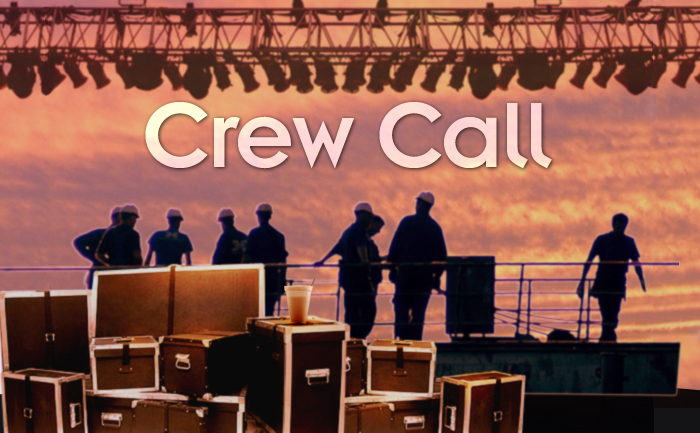AV Rental Equipment: a Potential Vector for Disease?
 I woke up early this morning to the news that there was a massive outbreak of influenza taking place in North America, and that it was of a particularly virulent type. This brought to mind my experience with the peerless health care system in Singapore. I was due to attend a pre-convention meeting. I arrived very late at night and checked into my hotel with a headache and about 3 a.m., I realized I was becoming quite ill. I will make a long story short here, and just say that I spent the next four days locked in my hotel room. The positive side was that Singapore has a truly advanced medical system and strong methods for preventing major outbreaks in a densely packed population. I was treated in my hotel room by an extremely competent hotel doctor — because the last thing they want you to do is to leave your room, go to the convention center and spread whatever you contracted on the plane.
I woke up early this morning to the news that there was a massive outbreak of influenza taking place in North America, and that it was of a particularly virulent type. This brought to mind my experience with the peerless health care system in Singapore. I was due to attend a pre-convention meeting. I arrived very late at night and checked into my hotel with a headache and about 3 a.m., I realized I was becoming quite ill. I will make a long story short here, and just say that I spent the next four days locked in my hotel room. The positive side was that Singapore has a truly advanced medical system and strong methods for preventing major outbreaks in a densely packed population. I was treated in my hotel room by an extremely competent hotel doctor — because the last thing they want you to do is to leave your room, go to the convention center and spread whatever you contracted on the plane.
So that got me thinking.
I happened to enjoy reading thriller novels that have a strong background in technology, especially those by Tom Clancy. (I justify this by telling myself how much I am learning about nuclear attack submarines.) Clancy wrote a novel some time ago where a terrorist group used a biological weapon to infect a convention center with a bug whose incubation period allowed time for people to return home before the symptoms erupted.
Which got me thinking even more. Because this, combined with a lot of new individual equipment in our industry, will soon have all of us in the rental and staging business becoming concerned with health issues. Because, as AV becomes more personal, we will become subject to more health regulations, both national and local.
We’ve always had a certain amount of equipment that was a potential vector for infection, specifically in things like simultaneous interpretation receivers that go from site to site and are passed out to people in the crowd. When I lived in Canada, they were already aware of these issues and had sanitation rules in place for these kinds of devices, but such rules and procedures are spotty here south of the border.
But now, even those of us here in the lower 48 will have to contend with some of those issues. Devices like tour guide systems, audience polling devices, pass-around microphones and AR and VR headsets are all potential harbors for germs. As they become more prevalent, we will see an increasing number of organizations passing regulations about how they are to be used. I’ve dealt with this lately in the form of regulations that my state is working on for virtual-reality equipment, which I work with every day. During this current outbreak, I have postponed some VR demonstrations because I can’t think of many situations that could spread the flu more thoroughly than a mask that you place over your eyes and nose and wear for a while, then let somebody else also put over their face. Our state is going to use a combination of removable, disposable mask barriers and UV sterilization, but if you have looked at any of these devices, most are not really made to be sterilized. So it is something I am keeping my eyes open for, as several projects that I’m working on will need to have an inventory of rentable VR headsets or AR viewing glasses. My prediction is that the manufacturers of these devices are already working on versions that can be sterilized, but it is something we will need to keep in mind as we acquire rental inventory in these types of devices, as I would hate to purchase expensive inventory that was later locally outlawed. I think it behooves any rental manager to keep their eyes on these regulations as they relate to anything body-worn, including microphones and various other types of electronic equipment.
Finally, there is yet another vector for contagion to keep our eyes on: ourselves.
Our crews go from city to city, packing and unpacking gear and working with local crowds. I have certainly seen staging crews at the height of the tour who were tired and road-worn, and whose immune systems were no doubt at a low point because of it. This means we should be concerned about crew habits, such as hand-washing and the sharing of equipment that requires extensive hands-on time between the crew. We could easily become carriers of an outbreak that spreads from one convention to another. With just a little forethought about ourselves and our crew we could prevent this from happening.
Because, believe me, you don’t want to get sick in a hotel in a foreign country.





